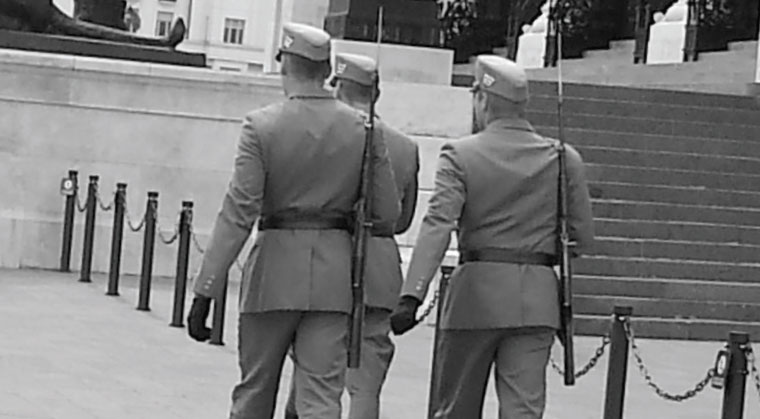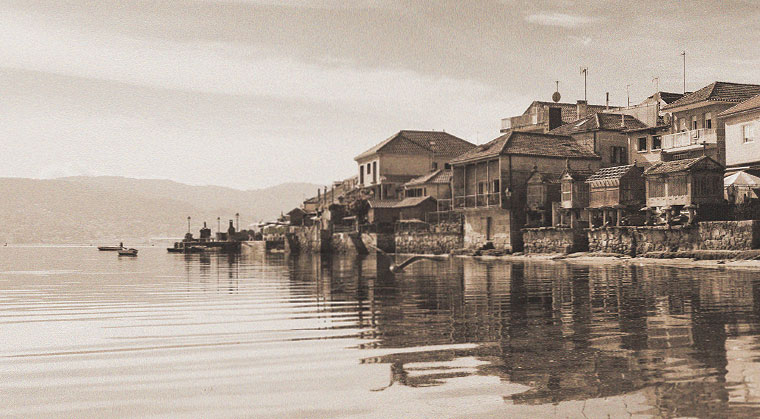Mistaken Identity


G rosswardein was one of those beleaguered European border towns whose troubled history could be traced in the list of names by which it was known. Besides its Yiddish name (a variation of which the Germans also used) it was called Nagyvarad by the Hungarians Varat by the Turks and Oradea by the Romanians. By the time World War II got underway a Grosswardein Jew over the age of 25 would have already lived under three flags.
So the Yidden of that city had already developed a certain expertise in navigating the tricky waters of geopolitical storms. They tried to take it in stride when they woke up one morning and found themselves transferred from the sovereignty of the King of Romania to the rule of Hungarian strongman Miklos Horthy — a nationalist but at least he was less obsessed with the Jews than his ally in Berlin. Rumors of atrocities in neighboring Poland brought by Jewish refugees were greeted with disbelief as exaggerations.
That began to change after Horthy took his country into the war. Hungary eager to expand its borders had joined Hitler’s mad charge into the Soviet Union. Although in the early going the Hungarians gained ample real estate Stalin’s defenses soon stiffened and by 1943 the Red Army had started throwing back the invaders. Ever the loyal allies the Germans made sure the Hungarians took the brunt of the Russian onslaught.
So the call went out across Hungary for mass conscriptions. The army wasn’t so picky now; all draftees Hungarian or Jewish physically fit or not faced a certain fate as cannon fodder. Word of the fiasco developing on the Eastern Front filtered back through the testimony of wounded survivors. This sent the families of draft-age Jewish men into a swooning panic. There seemed to be no escape.
Some bochurim employed a time-honored solution: They simply went on the run. Keeping one step ahead of the military police in a dangerous game of cat-and-mouse these young men fled their hometowns and assumed new identities. Making themselves tamir v’neelam — “hidden and inscrutable” — they earned themselves the sobriquet “tes-vavniks.”
Jewish resistance to the Hungarian draft effort in all its forms soon coalesced around Grosswardein. The Yidden there came under the command of an able general: Rav Chaim Meir Hager the fourth Vizhnitzer Rebbe known as the Imrei Chaim. His court became a secret headquarters that buzzed with activity at all hours of the day and night as he dispensed brachos advice and orders to Jews in desperate circumstances. It was the only place they could feel safe and secure; besides basking in the warmth of the Imrei Chaim’s boundless ahavas Yisrael they also enjoyed the bounty of his pantry somehow untouched by wartime shortages and rationing.
Despite Grosswardein’s status as a hub of anti-draft activity one denizen of the town remained somehow oblivious too distracted by his own cares. Reb Yitzchak Dovid a product of non-chassidic yeshivos and a father of three young children was already having a hard enough time trying to survive the shortages when he got the news that made his stomach lurch — his draft notice. (Excerpted from Mishpacha Issue 685)
Oops! We could not locate your form.







